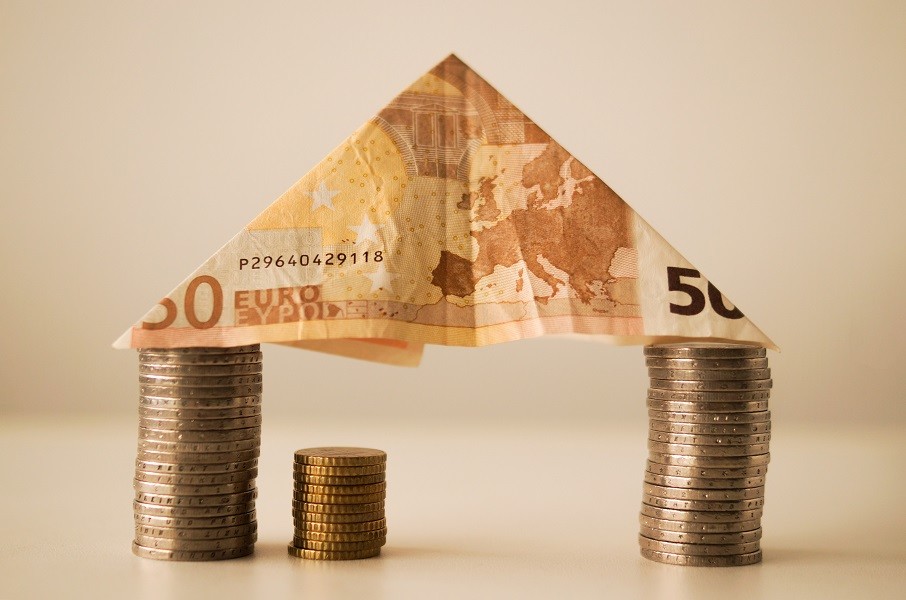The Estonian economy has been in decline for a long time, and although the downturn has not been very noticeable in everyday life, it will probably start to be felt more during the summer, Mihkel Nestor, an economic analyst at SEB Estonia, the Estonian affiliate of the large Swedish bank, SEB, says.
“According to data published in the outgoing week, Estonia’s gross domestic product fell by 3.2 per cent in the first quarter of this year. As the GDP started to fall already in spring 2022 and fell by 3-4 per cent in the second half of the year, there is no doubt that we are in a serious recession,” Nestor said.
He said that if last year, Estonia was quite special in this respect compared with the rest of Europe, this year the GDP has also decreased in a couple of other countries, but the decline here is still larger than anywhere else in the European Union.
“The only other country with a fall of a similar magnitude was Lithuania, where the GDP contracted by 2.5 per cent over the year. As things stand, the latest statistical changes did not lead to a revision of last year’s figures, but it cannot be ruled out that they will be revised slightly upwards ex post. Compared with Estonia’s trading partners and immediate neighbours, last year’s fall still seems too big,” the analyst said.
“A look at GDP statistics by sector makes you admit that value added decreased in half of the sectors. Unfortunately, the largest sectors were among them. The sector that cut the GDP figure the most was the one that has been the main driver of Estonia’s economic growth for the past years – information and communication. The main reason for this was IT companies’ poorer economic performance and a drop in profitability.”

Finland and Sweden faring much worse than Western or Southern Europe
“In addition to IT, the economy was strongly held back by the energy sector, where, despite the rapid nominal growth, the real value added decreased, according to the statistical office. Several more areas of activity that are very important for the economy were in clear decline: the financial sector, real estate activities, manufacturing industry and trade,” Nestor said.
Since the latter two are the largest employers in Estonia, their fortunes are extremely important, going forward. At the same time, Nestor estimates that the decline of a couple of per cent in industry and trade was perhaps even surprisingly small, given that manufacturing output fell by 8% and the retail sales index by 9% over the same period.
Although the activity of global trade is not too high at the moment, according to Nestor, a specific risk has materialised for Estonia in the form of the Nordic countries, as the economies of Sweden and Finland, Estonia’s main trading partners, have been faring much worse of late than those of Western and Southern Europe.
In addition to falling exports, domestic demand has also contracted. Private consumption fell by nearly 2% year on year in the first quarter of 2023. While last year households managed to defy inflation, this year higher prices have forced people to cut back on consumption.

Employee compensation growing faster than corporate profits
“The Estonian economy has been in recession already for a long time, but it has not been very noticeable in everyday life. This is because, despite the decline in value added generated by the economy in constant prices, nominal growth has been very rapid.”
“Last year, for example, compensation of employees rose by 14 per cent and the broad measure of corporate profits, ‘operating surplus and mixed income,’ by 24 per cent. In the first quarter of this year, compensation of employees still grew by 13 per cent, but the increase in profits was limited to 1.5 per cent,” Nestor said.
He explained that, as the economic situation deteriorates, corporate profits are the first to take a blow, and although, in the context of the long-term constraints on the labour market, attempts are made to protect employees from the reversal of business fortunes, it is not possible to do it indefinitely.
“So we can expect the recession to start to make itself felt more during the summer, because there is less work left and for some it will eventually mean the loss of their job. Paradoxically, however, this may be happening at a moment when the economic situation is already starting to improve, judging by GDP statistics,” the analyst added.

